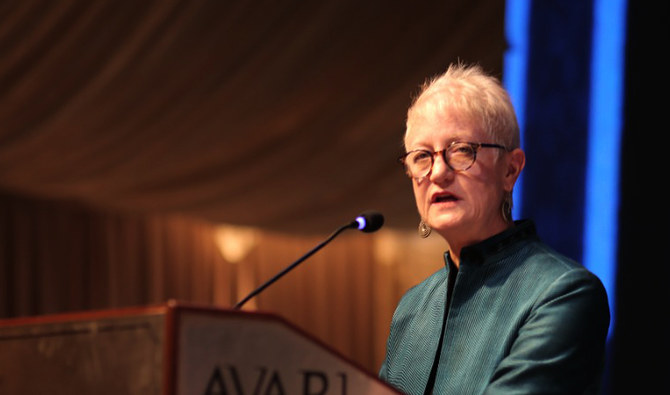ISLAMABAD: Ambassador of the European Union, Dr. Riina Kionka, has called for Islamabad to implement 27 international conventions Pakistan is signatory to and compliance of which will ensure Pakistan’s GSP+ status is renewed beyond 2023.
GSP+ is a special trade arrangement offered to developing economies by European nations in return for their commitment to implement 27 international conventions on human rights, environmental protection and governance.
On 21 September 2021, in its review of the GSP+ scheme, the European Commission introduced six new conventions, pertaining in particular to children’s rights, environmental safety and persons with disabilities.
Last April, the European Parliament moved a resolution against Pakistan, seeking an immediate review of its eligibility for GSP+ status over what it called violence and discrimination against religious minorities and other vulnerable groups, as well as a crackdown on media. The EU Ambassador to Islamabad said last October the South Asian nation would have to “redouble” its efforts to meet international rights conventions in order to continue to be a part of GSP+.
The current GSP framework will come to an end in December 2023.
“Kionka has called for effective implementation of the 27 labor and human rights conventions as Pakistan’s current GSP plus status would be reviewed in December 2023,” Geo News reported following a visit by Kionka to a number of garment manufacturing units along with members of the Pakistan Readymade Garments Manufacturers & Exporters Association (PRGMEA) on Wednesday.
The European Union continuously monitors the implementation of relevant 27 international conventions and regularly sends monitoring missions to assess the situation on the ground and to subsequently reflect its evaluation in a publicly available report to the European Parliament and to the EU Member States in the Council. So far, three biennial reviews have been concluded in 2016, 2018 and 2020, respectively.
Apart from Pakistan, the EU currently unilaterally grants GSP+ tariff concessions to Bolivia, Cabo Verde, Kyrgyzstan, Mongolia, the Philippines, Sri Lanka and Uzbekistan.
An EU monitoring mission was in Pakistan in June to assess the implementation of the 27 international conventions.
“The GSP scheme is all about the EU’s and Pakistan’s joint commitment to sustainable development,” High Representative/Vice President Josep Borrell Fontelles said in a statement during the visit.
“GSP+ has been very beneficial for Pakistani businesses, increasing their exports to the EU market by 65 percent since the country joined GSP+ in 2014,” the statement added. “The European Single Market, with over 440 million consumers, is Pakistan’s most important destination. Pakistan exports worth EUR 5.4 billion (approx. PKR 1.2 trillion), namely garments, bedlinen, terry towels, hosiery, leather, sports and surgical goods.”


















